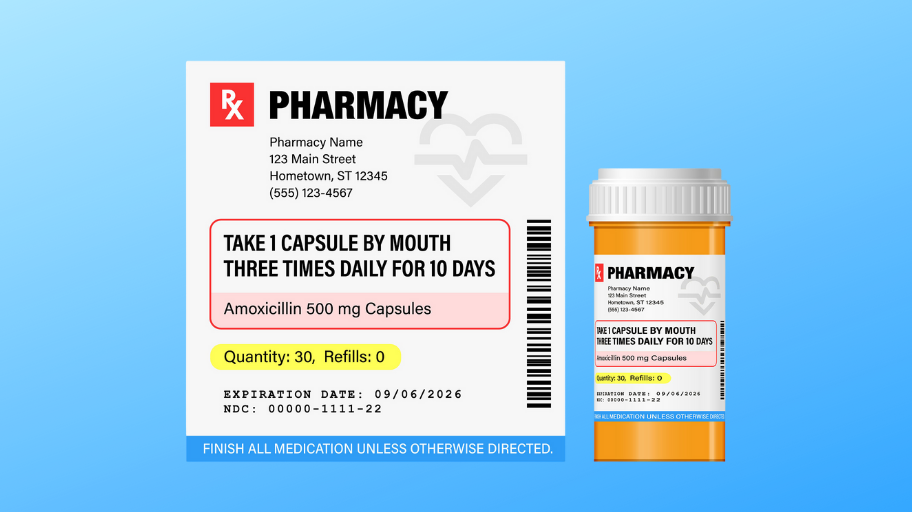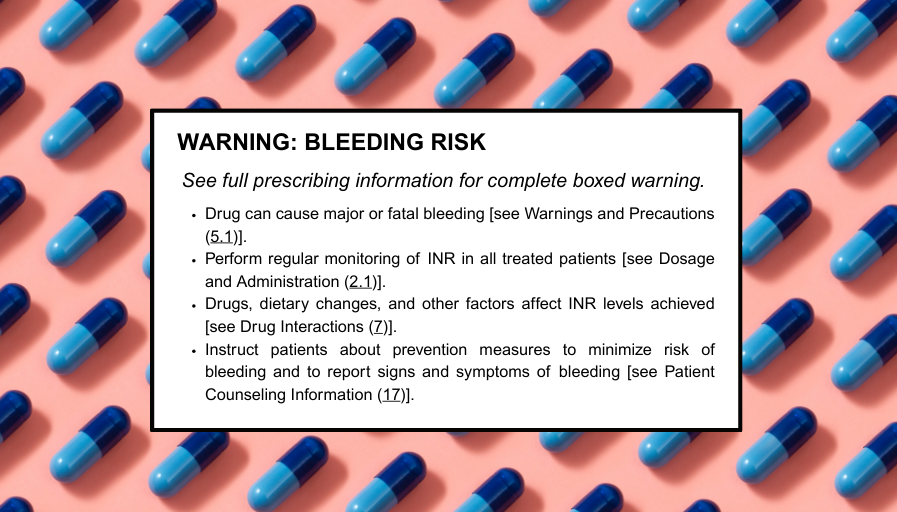What’s in a Name: Drug Names Explained

Drug names sound like someone dropped the alphabet—adalimumab, omeprazole, atorvastatin—but these tongue-twisters are coded. The FDA (along with other naming bodies) uses a system of prefixes, infixes, and suffixes to sneak in info about what the generic drug is, what it does, and how it works. Read on to level up your pharma-speak by learning to decode drug names.
Why It Matters
- Patient safety: Each new drug gets a name proposal, which is checked against thousands of existing names for potential confusion, pronunciation hazards, and even cultural faux pas (no embarrassing translations, please).
- Drug identification: Understanding a drug’s generic name helps doctors, pharmacists—and even curious patients—quickly identify a drug’s category or target. Think of it like a secret decoder ring for your prescriptions.
Drug Name Breakdown
- The prefix is unique. No meaning here. An example includes “ada-” in adalimumab
- The infix is optional. It’s a root word (or two) tucked in the middle and can hint at the drug’s origin, target, or action. For example, for adalimumab, “-li-” tells you it acts on the immune system, and “-mu-” indicates it’s derived from human sequences.
- The suffix is the star of the show! It tells about the drug class. For example, “-mab” in adalimumab reveals it’s a monoclonal antibody.
Putting it all together, adalimumab is a human-derived monoclonal antibody that interacts with the immune system.
Common Infixes
- -ci- = cardiovascular system target (abciximab, caplacizumab)
- -tu- = tumor target (trastuzumab, rituximab)
- -vi- = viral target (palivizumab, sotrovimab)
- -os- = bone-related target (denosumab, romosozumab)
- -tox- = toxins target (denileukin diftitox, moxetumomab pasudotox)
Common Suffixes
- -mab = monoclonal antibody (adalimumab, trastuzumab)
- -statin = cholesterol-lowering drugs (atorvastatin, simvastatin)
- -cillin = penicillin antibiotics (amoxicillin, ampicillin)
- -vir = antivirals (oseltamivir, acyclovir)
- -nib = kinase inhibitors for cancer (imatinib, ibrutinib)
Preventing Naming Chaos
The FDA doesn’t name drugs alone—it works with United States Adopted Name (USAN) and the World Health Organization (WHO) to prevent global naming chaos.
They want names that are:
- Easy to pronounce
- Not easily confused
- Globally acceptable
- Tied to a drug’s mechanism or structure
The Bottom Line
Generic drug names may sound intimidating, but they’re smartly designed mini cheat codes. If you can crack the infix and the suffix, you’ll know more than half the story. And hey—next time someone mentions adalimumab, you can casually say, “Ah yes, a monoclonal antibody targeting the immune system.” And you’ll sound like a total pharma insider!
Biotech Primer Live!
Join Biotech Primer’s industry experts for all or one of our upcoming live events!
- BioBasics 101: The Biology of Biotech for the Scientist. May 20-21in Seattle, WA
- Commercialization Readiness from Preclinical to First Launch. June 15 in Boston, MA
- Biomanufacturing Immersion. June 26 in Philadelphia,
- Going to BIO2025 in Boston from June 15-19? We’ll be in booth 3664. Come say hi!

Biotech Primer is your go-to source for interactive training across the biotechnology, pharmaceutical, molecular diagnostics, and medical device sectors. Explore a range of in-depth biotech courses designed to deepen your understanding of key principles and applications in the field.
Learn More









